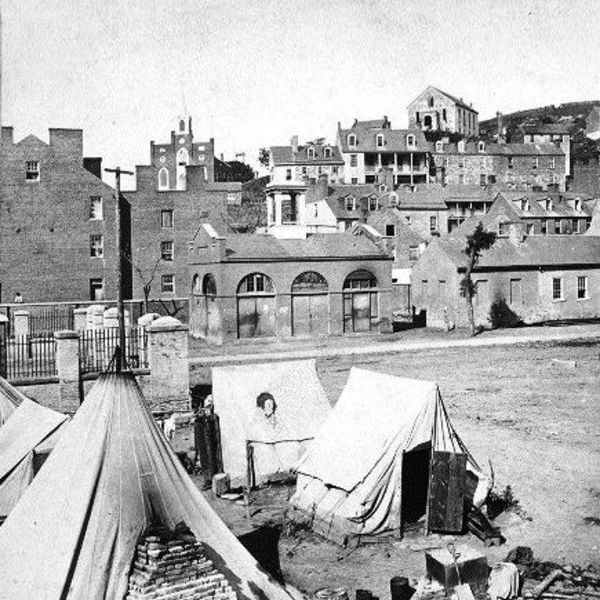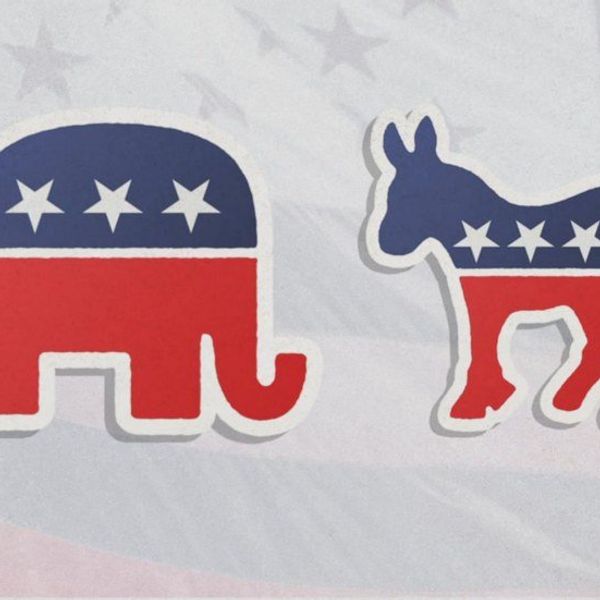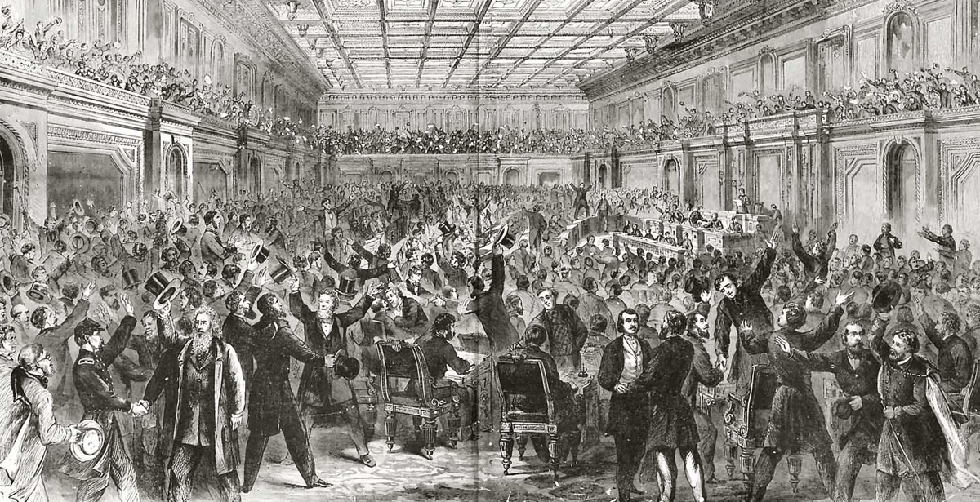Observations based on the film.
The use of a constitutional amendment to
abolish slavery was a distinguishing feature of emancipation in the United
States. It lead to a different outlook on the Constitution. So I start by
commending Congress for accomplishing that because I know that amending the
Constitution is very difficult to do. The actions of both President Abraham
Lincoln and Congress showed a cavalier if not a defiant attitude toward the
written rules of the amendment.
However, this
paper will identify tactics Abraham Lincoln used in getting the amendment passed by
Congress.
To begin with, Lincoln was sincere to see slavery abolished everywhere. He traveled around bargaining with many members of Congress to vote on the constitutional amendment. That type of oral bargaining, according to Davidson, Oleszek, Lee, and Schickler, is called "explicit bargaining." Explicit bargaining consist of compromises where members of Congress meet face to face to negotiate about legislation.
Lincoln became very forceful in his bargaining, partly because James Ashley postponed the final vote to the end of the month. It was at this moment that the president wheeled into action on behalf of the amendment. He told one representative whose brother had just died, “I wish you could see it to be your duty to vote for the constitutional amendment ending slavery." As I was watching the film, I noticed that he was much more assertive as he explicitly bargained. He told two House members to find two votes for the measure. One of them was confused by the vagueness of that statement, so he asked Lincoln for specific directions and Lincoln exclaimed, "I leave it to you to determine how it shall be done; but remember that I am president of the United States, clothed with immense power, and I expect you to procure those votes."
In order to sway voters Lincoln used another form of bargaining called implicit bargaining where he was not as direct. Lincoln allowed his staff to bargain some and use his name to seal the negotiations. This method of bargaining kept Lincoln away from shady deals. I noticed that, throughout most of the film, his character seemed very passive-withdrawn. Pika and Maltese used James Barber, a Political Scientist, Typology of Character and he thought that the features of the characteristic of passive- withdrawn are, "low self-esteem, and respond to a sense of duty." In the film, for example, different member of congress would raise their voices at Lincoln and infringe on his privacy, and he would not do anything about it. I wondered why he was not assertive as I suspected a president to be. I believed it was just his personality. However, toward the voting day for the passage of the 13th Amendment, Lincoln was very active-positive. For example, he was logrolling heavily, trying to conjure up enough support so that the 13th Amendment would pass. To logroll, is to “exchange support or favors especially by legislators(Davidson, R., & Oleszek, W. 2015).”
In conclusion, Lincoln changed the way Americans viewed the Constitution and the power congress had to change it. He used the rigorous constitutional amendment process in order to abolish slavery. During the beginning of the film, he seemed passive-withdrawn. However, as it came closer to the voting for the passage of the 13th amendment, he became more assertive or as Barber would say, "active-positive." I give much credit to the passage of the 13th Amendment that it was the reason that slavery was abolished. Lincoln played a vital role in this accomplishment due to the work he put into getting it passed. He never gave up on it. Legislative bargaining was one of several strategies he used to increase the possibility of getting the amendment amended to the Constitution. His hard work and stratagem paid off tremendously.
I highly recommend watching the film too.





















